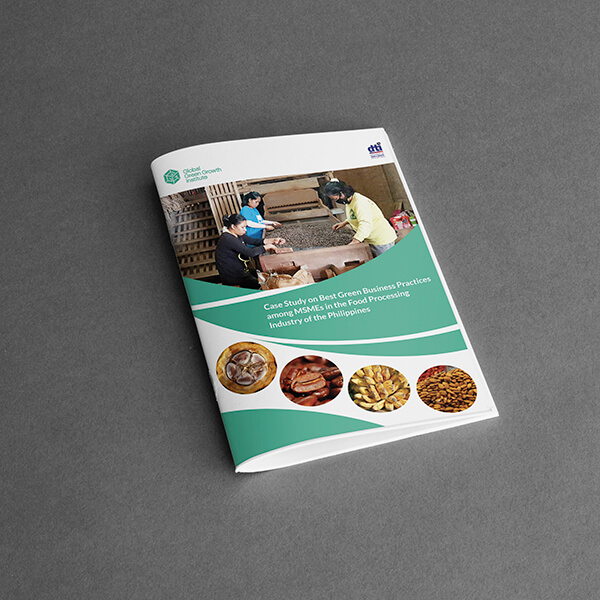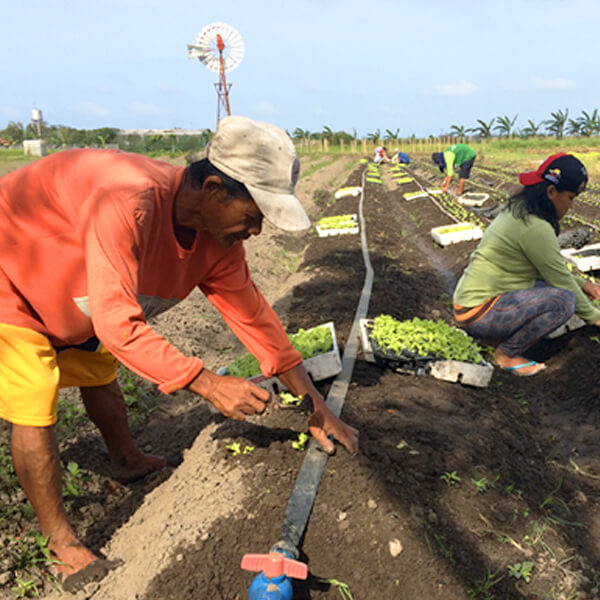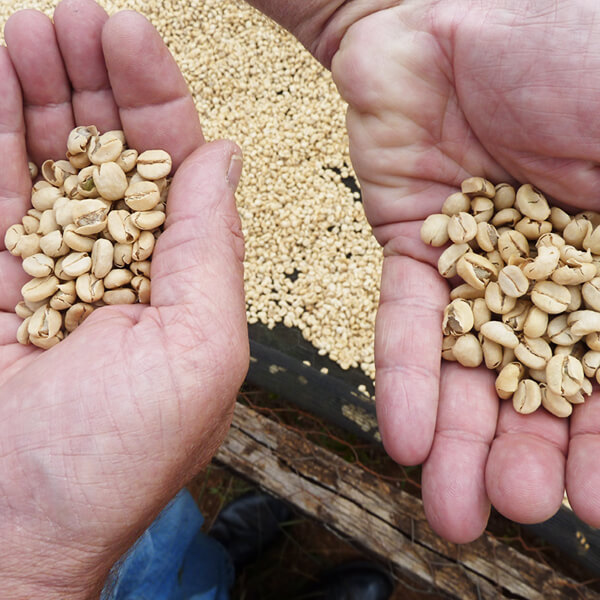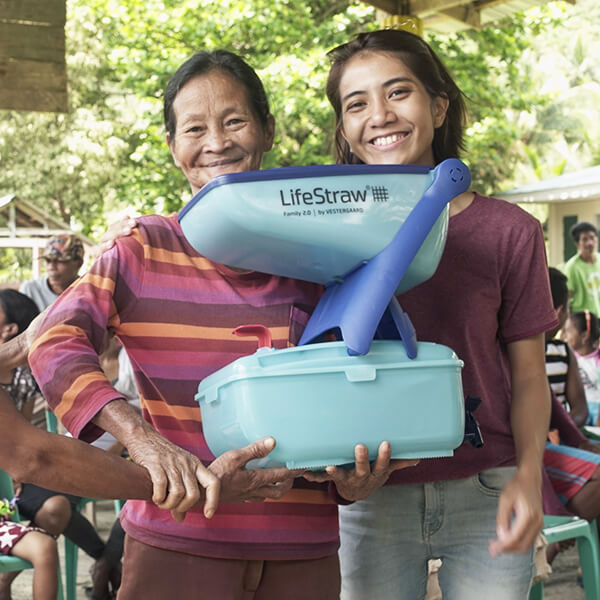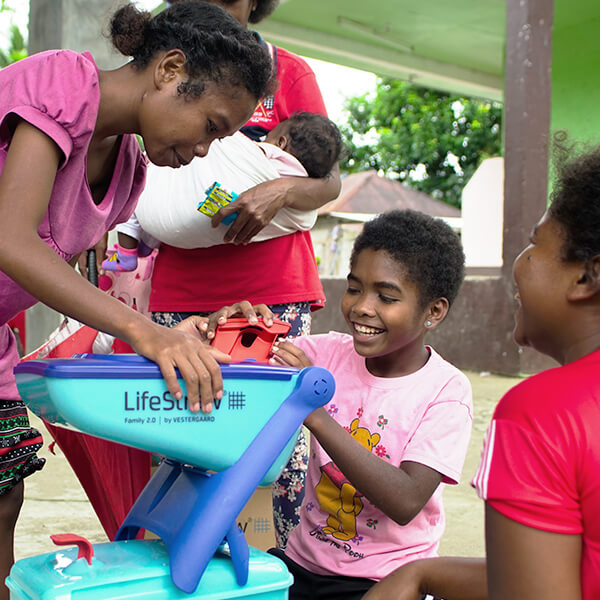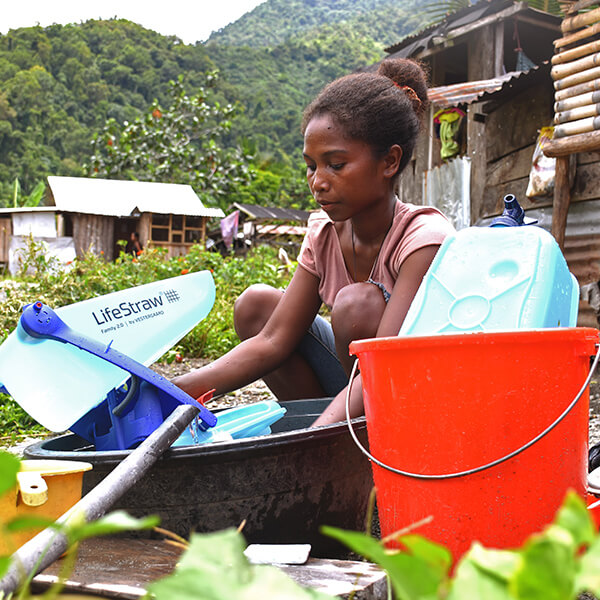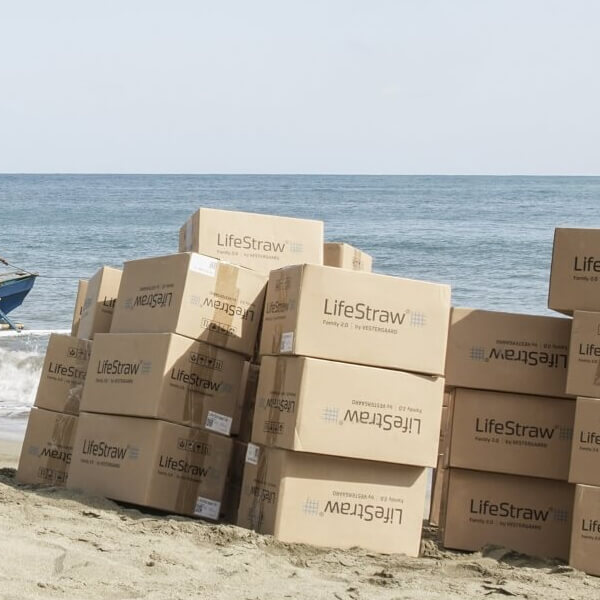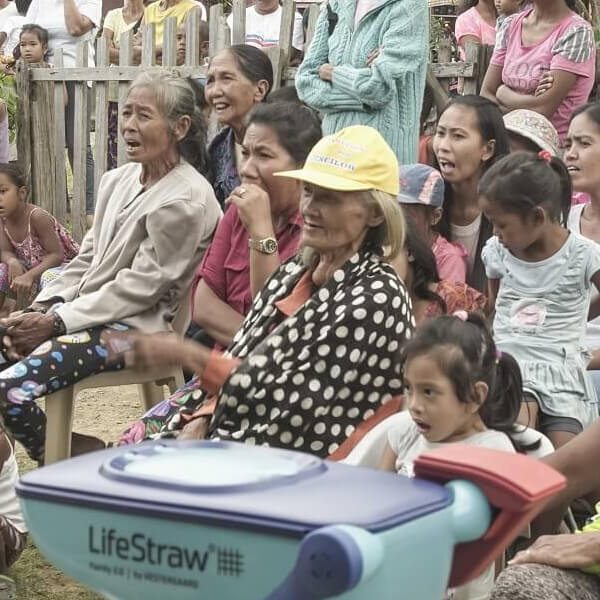Communication Strategy & Research
Through extensive research, inherent knowledge of the landscape and contextual analysis we help craft holistic communication strategies for our clients or stakeholders and augment outreach and impact through monitoring and evaluation (M&E) interventions
A well-designed communication strategy requires cognizance, rigor, and critical thinking. We understand that effective communication is a rightful mix of science and creativity; we leverage our research capabilities, knowledge of landscape, media connections, audience/demographics knowledge and creative flair to craft communication strategies and plans that help in amplifying impact, build strong relationships and achieve communication objectives.
We have a thorough understanding of what works and with our years of experience and knowledge of demographics we are able to deploy the right and best possible framework for developing impactful communication strategy campaigns supplemented by monitoring and evaluation (M&E) interventions. In addition to this, we track the performance of our communication efforts through deploying the right Monitoring and Evaluation (M&E) framework to continuously improve and optimize the outcomes and ensure that they serve a lasting purpose for our stakeholders. We also execute qualitative and statistical research projects be it for perception analysis, market insights or other purposes.
Our Competencies
Communication
Strategy
Communication
Toolkit
Communication
Outreach and Plan
Audience and
Demographics Research
Persona Analysis
and Development
Communication
Audit
Featured Projects
Case Study on Best Green Business Practices among MSMEs in the Food Processing Industry of the Philippines
Folded under the Ambisyon Natin 2040, the Philippine Development Plan (2017-2022) articulates the agenda for Greening of Philippine Industries.
ASSIST conducted this research and communication intervention, which focused on identifying, articulating, and packaging the case studies of greening best practices among MSMEs across the country in specific agricultural value chains covering fruits and nuts.
Supply of Unpolluted and Clean Drinking Water to Rural Communities
A WHO-UN joint report in 2015 found that as many as 8.4M Filipinos don’t have access to clean drinking water and are highly susceptible to water-borne diseases.
SOURCe is a partnership with DEG and Vestergaard that aims to prevent waterborne diseases posed by untreated water sources in vulnerable rural areas through the provision of capacity building and change communication for the communities on the use of new technology.
